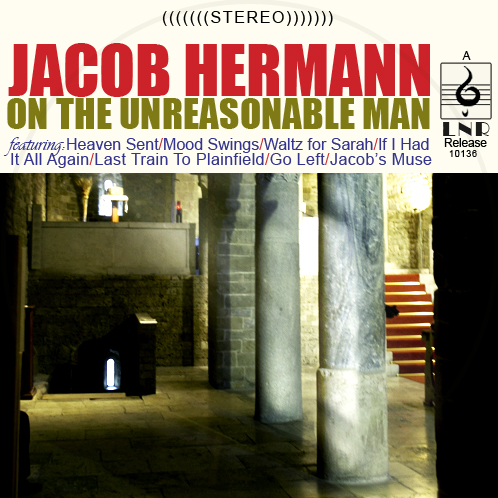The work fights back

It is time to get unreasonable in support of truly great work. Image courtesy of Antar.Ellis
Returning to the world of advertising after a short break, I am reminded of the fundamental truth of our business. To paraphrase the advice given to Bill Clinton during the 1992 Presidential Campaign, it’s the work, stupid.
Great work delivers happy clients, new business and perky bottom lines. By and large if you focus obsessively on the quality of your creative output then everything else will fall into place. Of course by great work I mean proper nosebleed-altitude creativity not the usual lifeless fare that stinks of collaboration and compromise.
However, this mantra hasn’t been heard in London for a while outside one or two exceptional shops. For the best part of a decade creative quality has played second fiddle to a pleasant client experience and the immediate financial success of the agency.
The problem can be traced back to the point at which internet bubble burst at the turn of the decade and in the advertising recession that followed. The dot-com crash may have delivered a kick in the teeth to the fledgling digital industry but it had a far more lasting effect on the advertising business. It is no coincidence that dodgy digital entrepreneurs loaded with venture capital sought out precisely those agencies with the best creative reputations. In the short term it left our best shops with huge financial write-offs as bankrupt clients proved unable to pay their bills. In the longer term a far more cautious market destroyed the enthusiasm of clients to buy truly excellent creative work and the ambition of agencies to deliver it. Not only did established agencies go soft on the work, a rash of recession-fit start ups came to market built exclusively on client service platforms, and they cleaned up.
These were bad days for the strategically and creatively daring and, with one or two exceptions like BBH and Mother, these agencies had a tough time of it, many merging, shrinking or closing their doors. In particular creatively driven agencies found it far harder to win business than their more compliant and compromising rivals.
But here is the irony. Just as the economy looks rather less than robust the market might actually be swinging back in favour of braver work, with those agencies that kept the creative flame burning during the difficult times enjoying business success to match their impressive reels. And as the work fights back the benefit for the UK communications industry is that London has started to walk a little taller on the world’s creative stage. Cadbury’s Gorilla recently won the highest accolade possible at D&AD, the globe’s most prestigious creative awards and UK fingers are crossed for a robust performance at Cannes this week.
Moreover, the client community maybe starting to remember that better work delivers better results. Creativity has always been an important element in powerful communications but never before has the quality of the work had such a direct effect on the effectiveness of the budget, and the success of the brand. Because never before has the primary determinant of consumer reach been consumer engagement rather than simply ratings. Only a few weeks into the launch of the Gorilla ad, the number of people that had seen the film was almost double the number that Cadbury’s had actually paid to see it.
Agencies must capitalise on these changes in the communications market and in the client community’s apparent appetite for nosebleed-altitude creativity. And to do this they must be more unreasonable in their relationships with those clients, determined to deliver the best thinking and best work whatever it takes.
This post originally appeared as a column in New Media Age.
Discover more from
Subscribe to get the latest posts sent to your email.

I agree on putting work first. It’s the long term strategy.
But I think there’s something else at play too.
The same changes in the communications market mean brands need to go deeper. Forcing work on an unwilling client doesn’t help with that. I think that justifies the rise of collaboration and I don’t think it has to be at the expense of good work.
Compromise, no.
Collaboration, yes.
Collaboration I agree with.
I would imagine it is the degree the agency could be seen to be a ‘supplier’ vs. a partner.
Perhaps that’s what makes the likes of BBH more successful than other agencies in delivering the the most effective creative work. That is, Clients see them as better bed partners.
One problem is that Creatives aren’t allowed to be unreasonable any more. When we are, we get called arrogant.
What I love about your point, Richard, is that you’re implying the whole team needs to get more unreasonable – planners and account handlers too.
And that is part of Fallon’s secret, apparently. I’ve heard the account team went back numerous times to Cadbury to get the ad sold the way Juan wanted it. Not just once or twice. Numerous times. Cadbury’s were about ready to explode, by all accounts.
They’re very happy now, of course.
If not now when Gorilla gets a black pencil, a Cannes grand prix and a massive hike in chocolate sales then when?
Hi,
Totally agree. unless teh Gorilla issue. Perhaps i am too short, and my skills in finding teh strategy bheind taht are too flat. If the good creative/work is Gorilla, God save us!!
P.D. I would apprecciate if someone can open my eyes and show me why this campaign is so good.